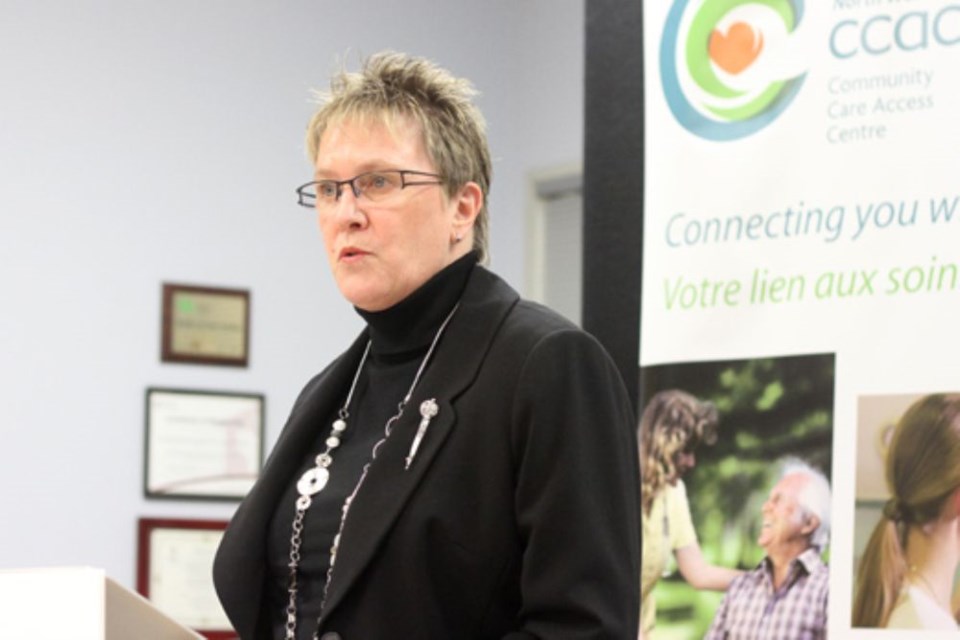THUNDER BAY -- The region is seeing improvement in its health, but there's still more to be done the Northwest Local Health Integration Network says.
A recent report from Health Quality Ontario shows that people in Northwestern Ontario have shorter lifespans, are more obese and smoke more than the rest of the province.
They also have the highest rate of premature avoidable death.
On shorter life expectancy, 78.6 compared to the provincial average of 81.5 Northwest LHIN CEO Laura Kokocinski said it's not always just about health care.
"It could be related to a variety of indicators and determinants of health," she said.
As for the high rate of premature avoidable death, Kokocinski said some of that could be the result of how physically active the Northwest is compared to the rest of Ontario.
From skiing to snowmobiling to driving the region's highways there are also high accident rates. But it's also the result of suicide, which has plagued many communities in the North.
"That is something from a mental health and addictions perspective that we are very concerned about," she said.
The LHIN is working to address another gap between Northerners and the rest of the province, which is access to primary care providers. It's conducted a health human resources study and has been working to develop a plan as people across the system, from doctors to dietitians, retire.
The Northern Ontario School of Medicine, along with nursing programs in smaller communities like Sioux Lookout and Dryden, have helped.
"The return on that investment has been that the majority of graduates are staying in Northwestern Ontario, which is extremely positive," Kokocinski said.
Another major issue is self-management, getting people to take responsibility for their own health. Kokocinski points to colorectal cancer screening, which the Northwest's 52 per cent is the lowest in the province, or getting a physical can go a long way to prevent serious health issues later on.
"That's a simple test that individuals can be doing with their primary care provider," she said.
The LHIN has developed a program through the Northwest Community Care Access Centre across the region to help people recognize early signs of illness but also manage chronic diseases from diabetes to asthma.
"If that's being done then individuals are looking after their care on a regular basis and that's hugely positive," she said.
Thunder Bay District Health Unit's David Williams, medical officer of health, said the report highlights a number of important issues that are being addressed but as always, more work needs to be done.
"We're making good strides but we're not there yet," he said
